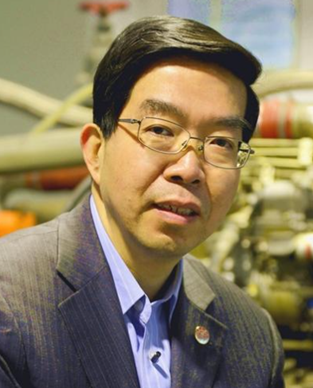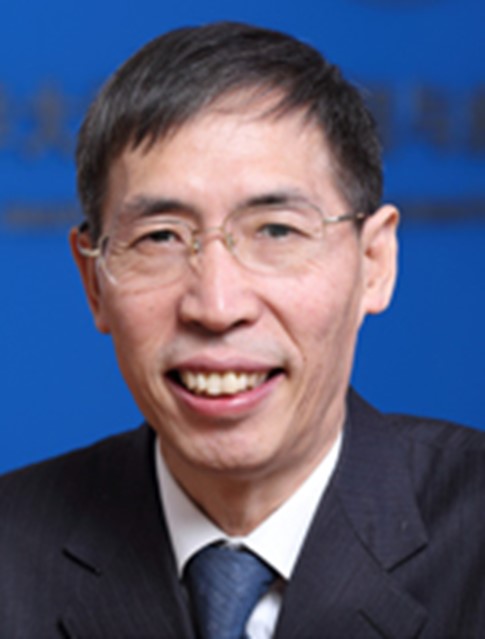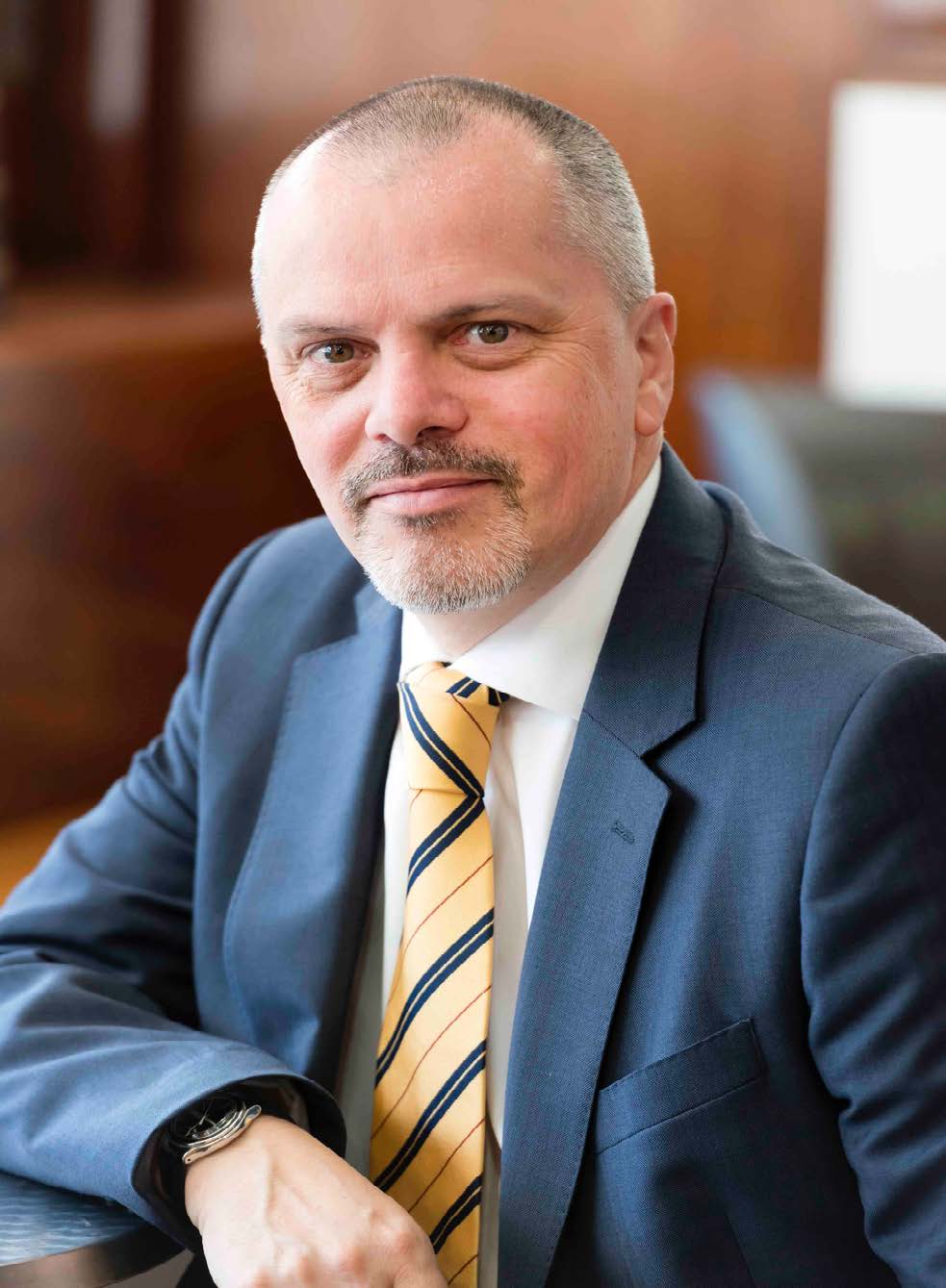
Report Title: The recent development and future direction of new energy resources technology
Prof. Huang has long been engaged in research on vehicle energy, engine combustion and air pollution control. He received his bachelor's degree from Shanghai Jiao Tong University in 1982 and his doctor's degree from Shanghai Jiao Tong University in 1988. He has been the Director of the Key Laboratory of Power Machinery and Engineering of Ministry of Education since 2006. In 2000, he was appointed as the Distinguished Professor of Cheung Kong Scholars of the Ministry of Education and supported by the National Outstanding Youth Foundation. He created new methods of fuel design and combustion control and invented key technologies of engine fuel diversification. In 2018, he won the International Clean Fuel Achievement Award and the Outstanding Scientific and Technological Innovation Award of China Internal Combustion Engine Industry. In 2019, he was awarded the Fellow of the International Institute of Combustion.
Trond Kvamsdal is currently a Professor with the Department of Mathematical Sciences, Faculty of Information Technology and Electrical Engineering, Norwegian University of Science and Technology. His positions at NTNU are within computational mathematics, i.e., development of new theories/methods within applied mathematics and numerical analysis to make robust and efficient numerical software programs for challenging applications in science and technology. The main area of application is computational mechanics, i.e., both solid/structural and fluid mechanics relevant for civil, mechanical, marine, and petroleum engineering as well as biomechanics, geophysics, and renewable energy. He received the IACM Fellow Award (International Association for Computational Mechanics), in 2010, and was an elected member of the Norwegian Academy of Technological Sciences (NTVA), in 2017.
Report Title: Digital Renewable Industry: Promise and Reality
Dr. Andrew Kusiak is a Professor in the Department of Industrial and Systems Engineering at The University of Iowa, Iowa City and Director of Intelligent Systems Laboratory. He has chaired two different departments, Industrial Engineering, and Mechanical and Industrial Engineering. His current research focuses on applications of computational intelligence in renewable energy, digital systems, automation, and sustainability. He is the author or coauthor of numerous books and hundreds of technical papers published in journals sponsored by professional societies, such as AAAI, ASME, IISE, IEEE, INFORMS, and other societies. He is a frequent speaker at international meetings, conducts professional seminars, and consults for industrial corporations. Dr. Kusiak has served in several elected professional society positions as well as editorial boards of over fifty journals, including the Editor position of five different IEEE Transactions. Professor Kusiak is a Fellow of the Institute of Industrial and Systems Engineers and the Editor-in-Chief of the Journal of Intelligent Manufacturing (Springer Nature).

Professor Xinzhou DONG, Tsinghua University, China
Report Title: Development of traveling waves protection for transmission lines
Prof. Xinzhou Dong is the head of the power system protection team, director of the power system research institute at the Department of Electric Engineering of Tsinghua University. He is the IET Fellow, IEEE Fellow, AAIA Fellow, CSEE Fellow, director of the Green Energy and Power Safety Beijing International Science and Technology Cooperation Center.
He graduated from the Department of Electrical Engineering of Xi'an Jiaotong University in 1983 with a Bachelor's degree, graduated from Xi'an Jiaotong University with a Master degree in 1991 and a PhD degree in 1996. He completed a post-doctor study at the Department of Electrical Engineering of Tsinghua University in 1999. Since 1999, he was appointed as an associate professor and promoted to a full professor in 2004 by Tsinghua University.
His main academic contributions are: the first person led the application of wavelet transform in power system fault analysis and fault traveling wave research, the invention of modern traveling wave fault location technology, modern traveling wave protection technology, traveling wave fault line selection technology, and the development of the world first transient traveling wave protection testing instrument; proposed and implemented a station domain integrated protection technology for power system security; proposed and implemented power line non communication protection technology and high resistance grounding fault detection technology in collaboration with ALSTOM company.

Professor Timothy Charles Green, Professor of Electrical Power Engineering at Imperial College London, UKReport Title: Solutions for stability of electricity grids with high penetration of inverter-based resources
Tim C Green received a B.Sc. (Eng) (first class honours) from Imperial College London, UK in 1986 and a Ph.D. from Heriot-Watt University, Edinburgh, UK in 1990. He is a Professor of Electrical Power Engineering and Academic Lead for Sustainability at Imperial College London. He was previously Director of the Energy Futures Lab with a role of fostering interdisciplinary energy research across the university. His research uses the flexibility of power electronics to enable electricity networks to operate with very high fractions of renewable energy. In HVDC, he has contributed converter designs that strike improved trade-offs between power losses, physical size and fault handling. In distribution systems, he has pioneered the use of soft open points for relieving constraints in distribution. He has made important contribution to the study of stability of grids dominated by inverter-based resources. Prof. Green chairs the Engineering Advisory Council of National Grid ESO and is a member of the Advisory Council of the Electric Power Research Institute. He is a Chartered Engineering in the UK and a Fellow of the Royal Academy of Engineering.